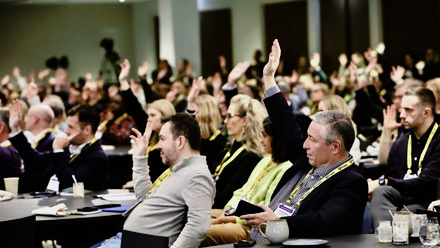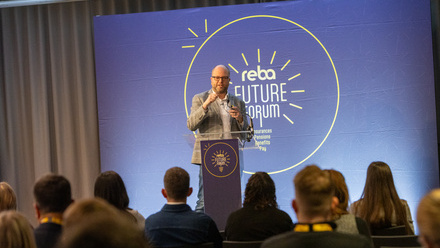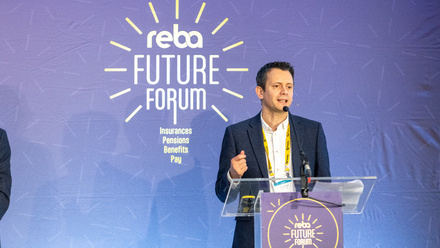Support mental health first aiders with a good working culture and the right infrastructure

With employers under increased pressure to tackle mental health, it’s easy to see the appeal of a resource that can be put in place by investing in two days’ staff training. The ‘first aid’ aspect resonates with a drive towards ‘parity of esteem’ (an aim to give mental health equal footing with physical health), which is enshrined in the NHS constitution, but also increasingly used in a workplace context to equate mental health with physical safety.
The presence of a designated employee who is suitably trained gives mental health visibility and encourages help-seeking, and the benefits can be palpable. It is undeniable that many people who would otherwise struggle in silence can benefit from having someone to talk to. But there are potential risks if MHFA is implemented without attention to organisational context. It is not a substitute for effective people management or organisation-wide cultural change.
As a wellbeing researcher, I have been surprised how many employers cite high numbers of people attending MHFA training and those approaching their mental health first aider as a mark of ‘success’. Anecdotally, it is less common to hear of employers who have been motivated by high MHFA uptake to buy in specialist occupational health support or train their senior staff to have a more supportive management style. As such there is a danger that MHFA sometimes ‘crowds out’ investment in more evidence-based support. This is symptomatic of wider misunderstanding of what a good workplace wellbeing strategy should look like.
Some industry figures also think that provision of MHFA in the workplace is a legal requirement. This is unambiguously not the case – employers should feel able to consider other approaches they may feel have a better fit with their workplace, such as improved management of stress and workload.
An important consideration is how to support MHFAs themselves, a concern raised by both the Institution of Occupational Safety and Health and the Health and Safety Executive. MHFAs may see people who disclose traumatic experiences leaving them feeling distressed, anxious and helpless. This raises serious supervision and clinical governance concerns. Large businesses with multiple trainees can provide the kind of support networks MHFA says first-aiders can benefit from, but this can be challenging for SMEs.
A recent interesting development is that employee assistance programme providers have started offering support to MHFAs. This appears to be an untested model but could be a helpful way of providing clinical governance to protect MHFA volunteers.
A lot more evidence is needed about the pros and cons of MHFA and it is good to see more research already underway. Going forward, campaigns need to give employers a better understanding of mental health interventions, so they can make informed choices about MHFA. It would also help organisations appreciate the complementary roles of other types of support and professional expertise.
The author is Sally Wilson, senior research fellow at the Institute for Employment Studies.
This article is featured in REBA’s Employee Wellbeing research 2020, in partnership with AXA PPP healthcare.






